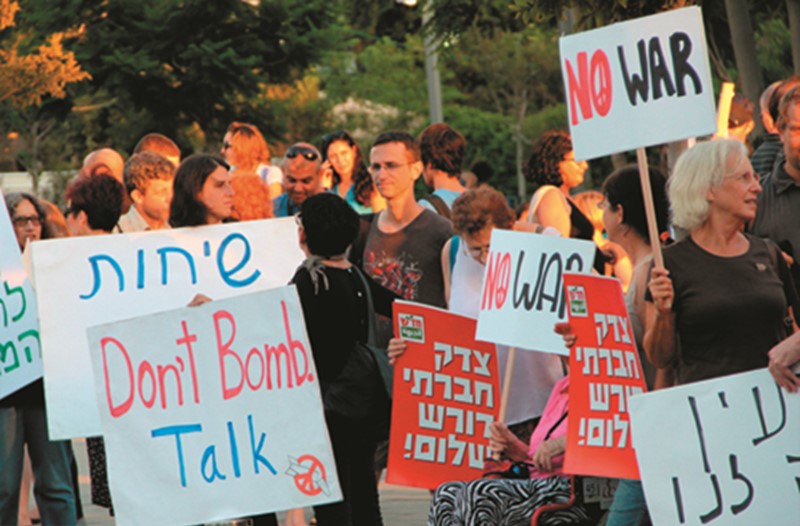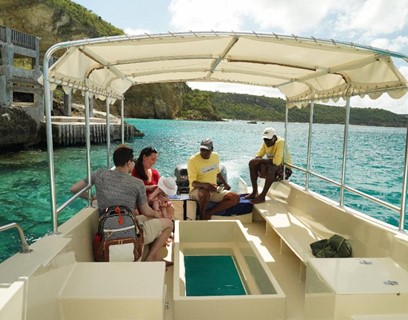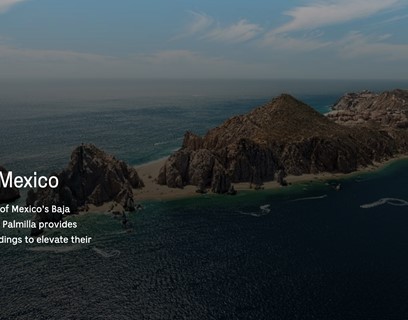
What can we learn about innovation from those who seek to abolish nuclear weapons?
The Tribeca Disruptive Innovation Awards (TDIA) has named Nobel Peace Prize Laureate Beatrice Fihn a 2018 honoree and the recipient of the first-ever Hersey Prize presented by the family of John Hersey, author of “Hiroshima”. The awards honor disruptors and game-changers creating radical solutions to the world’s most complex problems.
Nuclear weapons have been used twice in warfare: in the bombings of Hiroshima and Nagasaki in 1945. As the threat of nuclear warfare drew closer last year, it was announced that Fihn and her advocacy group, The International Campaign to Abolish Nuclear Weapons (ICAN), had won the 2017 Nobel Peace Prize for their inspiring work behind the first treaty to prohibit nuclear arms. The campaign won the prize for their work to draw attention to the catastrophic humanitarian consequences of any use of nuclear weapons and for its ground-breaking efforts to achieve a treaty-based prohibition of such weapons. Beatrice and ICAN brought public mobilization and hardcore diplomacy to win the Treaty on the Prohibition of Nuclear Weapons by focusing on the humanitarian impact of any nuclear weapons use.
It is our honor to welcome Beatrice Fihn to The Global Search for Education.
Why did this important global cause inspire you personally?
What struck me most was the absurdity, that everyone agrees these weapons should never be used, but we need nuclear weapons so they won’t be used?
What do you see as your organization’s greatest accomplishments so far? Why do you think your approach/model was so innovative?
Without a doubt, our greatest accomplishment has been promoting and achieving the Treaty on the Prohibition of Nuclear Weapons. ICAN did not do this alone. We rallied civil society, international agencies like the ICRC and UN, faith groups, academics and crucially, politicians and government officials. This was not ICAN’s victory alone.
The other thing that sets our approach apart from past efforts is that rejecting nuclear weapons was at the heart of it. It’s not enough to limit the weapons and try to stop proliferation; we have to reject them outright, as was done with chemical and biological weapons.
What have you learned about ethical leadership in this journey?
ICAN is a coalition of nearly 500 organizations and our success is not about one leader, but one shared purpose: the end of nuclear weapons. Our leadership shares a commitment to embodying the values we are calling for in the world.
There are those who believe that AI will ultimately be more dangerous than nuclear weapons. Can you comment on this and also share your wisdom and experience for those trying to raise awareness for any technology that can cause unacceptable harm to human life?
We must balance two things: First, that nuclear weapons are a unique existential threat; second, that nuclear weapons create injustice and in that way nuclear weapons activism is not in conflict with other issues. If you care about a just world, you care about ending the nuclear threat.
AI ethicists base their calculations on all the future generations that could be lost if humanity was wiped out by malevolent AI; the same can be said of nuclear weapons. Unlike this AI, we already have nuclear weapons. But these issues certainly crossover as computer code and eventually AI and autonomous technology will have more control over our weapons unless people stand up now and reject that reality.
However, I caution those working on such issues to not fully rely on arguments about total destruction. That is difficult for people to process and immobilizing. Whether in technology or nuclear weapons, it’s vital that we talk about past and current expressions of injustice and suffering, not just potential. Some of the most persuasive voices against nuclear weapons have been the hibakusha who survived the bombings of Hiroshima and Nagasaki, and victims of nuclear testing, which was rooted in racism and colonialism.
What are the next steps for ICAN – where does this important work go from here?
The ICAN coalition is working in over 100 countries with the goal of bringing the Treaty on the Prohibition of Nuclear Weapons into force. That will happen once 50 nations have signed and ratified the Treaty. Nine nuclear states have held the world hostage for too long and other nations are standing up and exercising their right to live in a world free of these weapons of mass murder.


